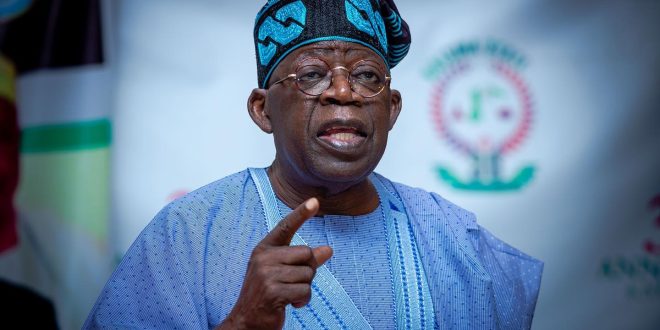By Chucks Peter, DELTA
The Centre for Peace and Environmental Justice (CEPEJ) has called on Nigeria’s President, Bola Ahmed Tinubu, to address the nation amidst the ongoing #EndBadGovernance and #Hunger protests sweeping across the country.
The appeal was made by CEPEJ’s National Coordinator, Comrade Mulade Sheriff, in a statement released to journalists in Delta State on Friday evening.
CEPEJ noted the importance of maintaining peaceful protests and adhering to court directives to prevent the movement from being hijacked by hoodlums.
The organisation noted that while peaceful protest is a fundamental constitutional right, over 80% of Nigerians are indirectly involved in the nationwide demonstrations due to widespread hunger and hardship.
Comrade Sheriff acknowledged President Tinubu’s efforts during his first year in office, including signing the 2023 Electricity Bill into law, unifying the Naira, removing fuel subsidies, and implementing tax and fiscal reforms.
However, he urged the President to address the protesters’ concerns and outline concrete steps to alleviate the suffering of the masses.
CEPEJ proposed the formation of a joint-stakeholders committee to tackle the issues raised by the protesters.
The committee should have a clear timeline for implementing solutions to prevent future crises and ensure that the grievances of the people are adequately addressed.
The organisation also expressed sympathy for those who have lost loved ones and property during the protests.
CEPEJ called on all levels of government to ensure that Nigerians benefit from good governance and democracy.
The statement stressed that the protests are not just limited to the few on the streets but involve a significant portion of the population indirectly affected by the current economic conditions.
“We want to draw the attention of Mr. President that over 80% of Nigerians are indirectly involved in the protest, not just the few protesters on the streets,” CEPEJ noted.
The organisation urged President Tinubu to take immediate action to avert a potential crisis, emphasising that hunger knows no boundaries or respect for religion or tribe.
It called for the government to adopt a proactive rather than reactive approach to the issues at hand.
 National Telescope national telescope newspaper
National Telescope national telescope newspaper



